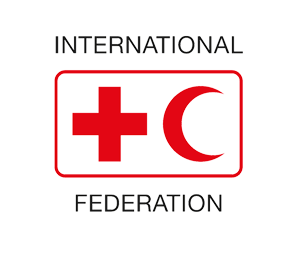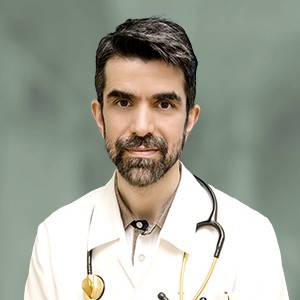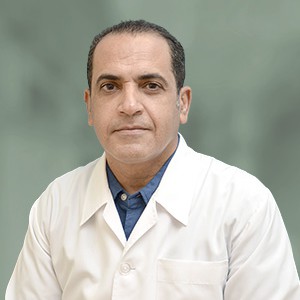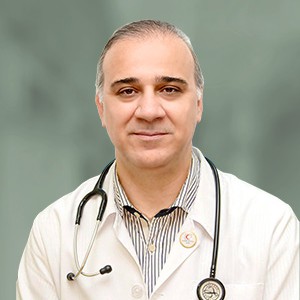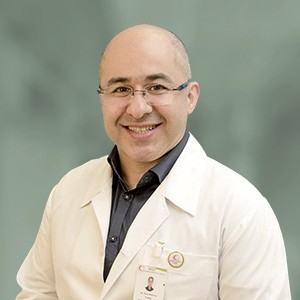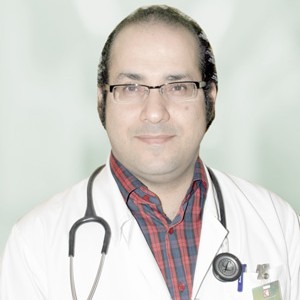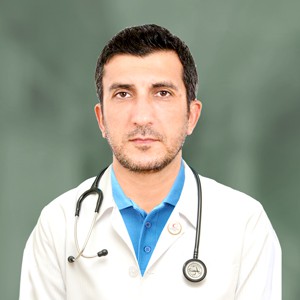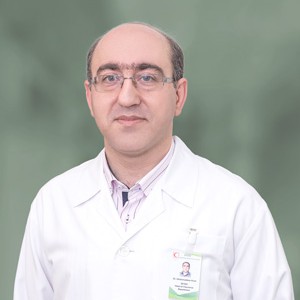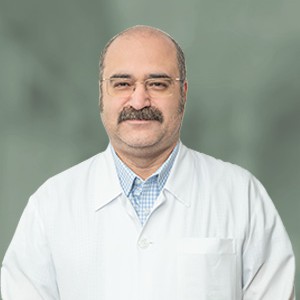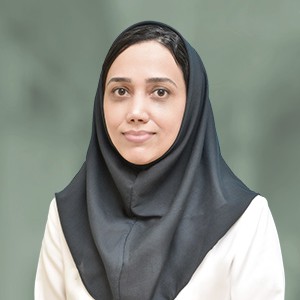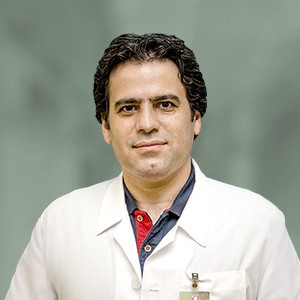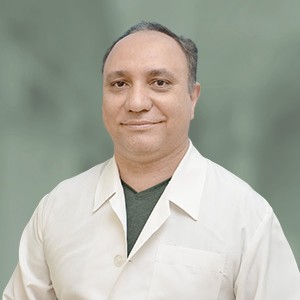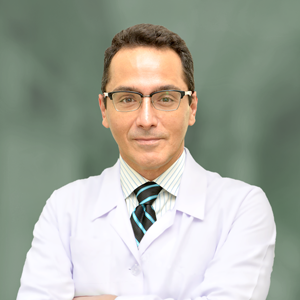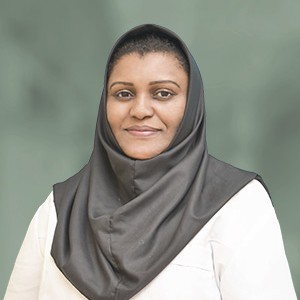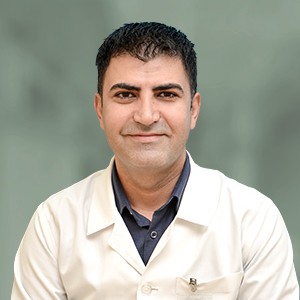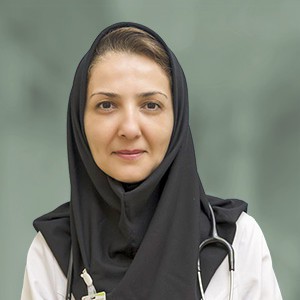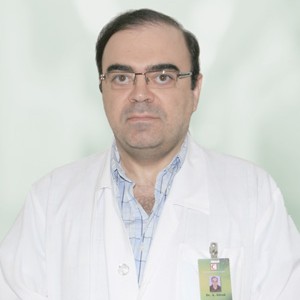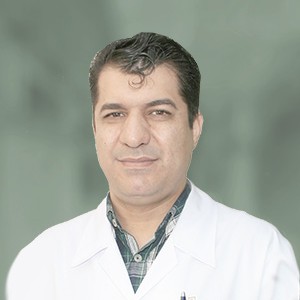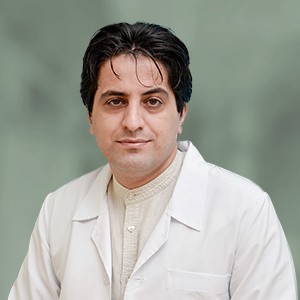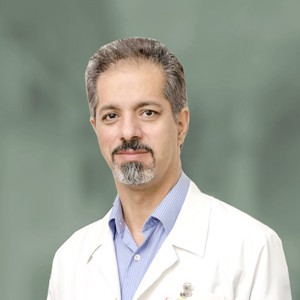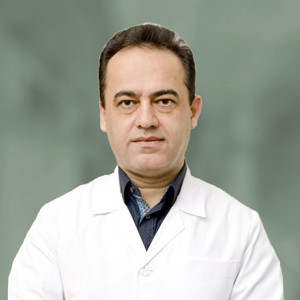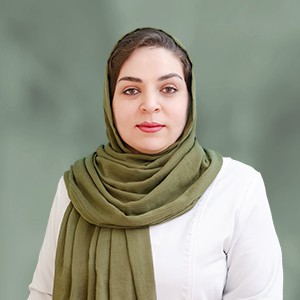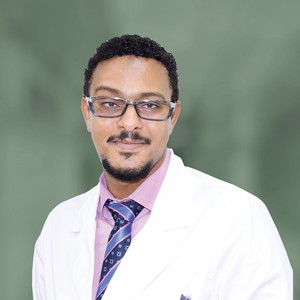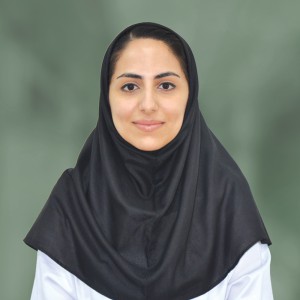
No
Saturday - Thursday: 8:00 am-2:00 pm, 5:00 pm-9:00 pm
Friday: Closed
Friday: Closed
General Practitioner
Regardless of age, gender, or any other attribute, the GPs at Iranian Hospital frequently serve as the initial point of contact for people with health concerns to evaluate and manage a wide range of diseases, from sinus and respiratory infections to fractures.
The following are some examples of how general practitioners demonstrate their knowledge, abilities, and experience:
- Use evidence-based medical procedures to effectively diagnose and treat patients.
- In terms of patient care, culture, and education, show that consultation is effective.
- In order to maintain accurate and complete patient records, GPs get pertinent histories from patients, and families.
- Identifying and managing disorders both acute and chronic, ordering and interpreting diagnostic and laboratory testing, and prescribing drugs
- Manage common health conditions presenting in patient and identify risk and resilience factors.
- Assess mental status, recognize levels of cognitive and physical development, and distinguish between normal and abnormal developmental changes in people.
- Recognize the risk factors for cardiovascular diseases (CVD) as angina, myocardial infarction (MI), ischemic stroke, transient ischemic attack (TIA) and peripheral vascular disease, and explain the benefits of risk modification to the patients and their families.
- Make an initial diagnosis to the symptoms that might be cardiac in origin as chest pain, breathlessness, ankle swelling, symptoms/signs thought to be caused by peripheral vascular disease (arterial and venous), palpitations and silent arrhythmias, symptoms/signs of cerebrovascular disease, dizziness and collapse.
- Recognize skin symptoms, including itch, rash, hair loss, lumps, ulcers and nails disorders.
- Emergency and urgent cases are conditions or accidents that require immediate care when early recognition of warning signs, early investigation and referral may be lifesaving. It can occur in patients of any age and may involve one or more body systems.
- Cope with a variety of traumatic injuries and medical emergencies, as well as acute minor trauma.
- Appropriate manage life-threatening emergencies, as impending upper airway obstruction and significant dehydration.
- Determine the degree of acute breathlessness, distinguish between them, and manage them. Decide whether hospitalization is necessary or a secondary assessment.
